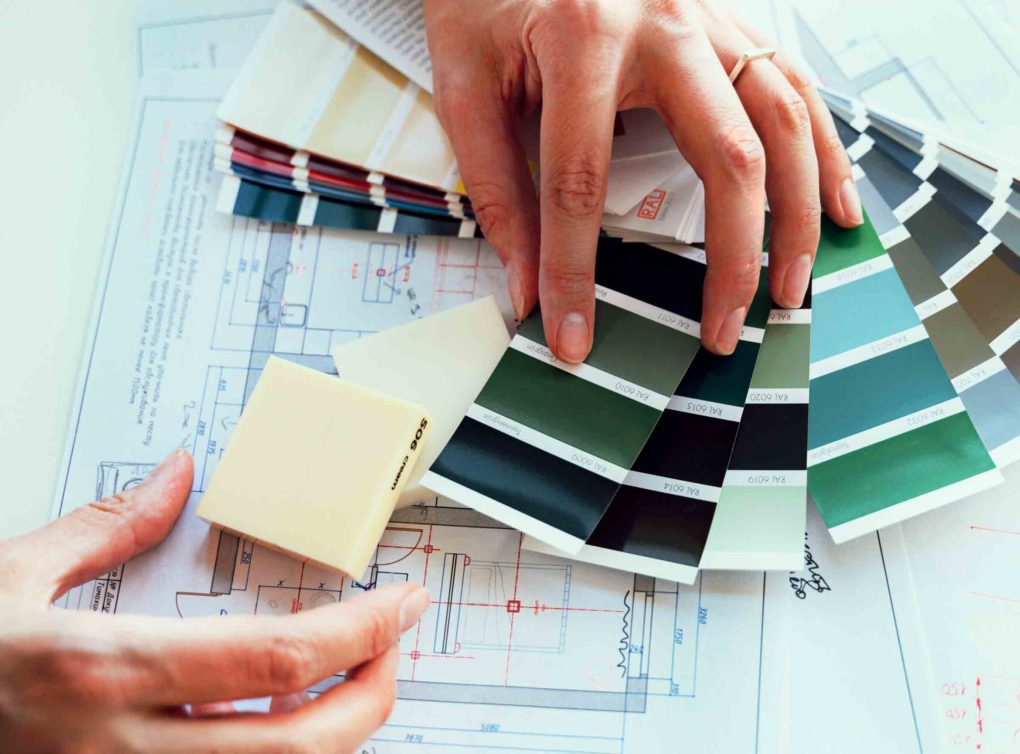If you are thinking about altering your cooperative, or condominium unit, you will likely need to get approval from your board of directors and town before hiring contractors or drilling into the walls. Below is an outline of what may be required from start to finish.

Follow Us on Social Media:
IMPORTANT:
Go through the proper procedures within your community before renovating or altering your Co-op, or Condo unit. Violations or unapproved alterations can result in mandated reversal of alterations at your own expense (which could include damages to the structure of your building or community)!
In This Article:
- Before an Alteration: Understand Requirements
- Gather All Forms and Information for Board Approval of the Alteration
- Get Board Approval
- During the Alteration (Once Approved by the Board)
- After Your Alteration
1. Before an Alteration: Understand Requirements
Check Your Governing Documents.
Is the alteration or new appliance permitted in your community? Check first. Remember that most Cooperatives and Condominiums have strict exterior alteration policies to protect the structure of the building. For example, drilling into a major structural beam, or pipe by accident can create financial or structural damages to your building or community.
Make a note of when (time of day/week) your community or building allows renovations. Some buildings may only allow alterations on weekdays or during certain hours to respect community noise levels late or early in the day. If your community has elevators, these policies are also meant to help with traffic flow during the week.
Communicate with Your Property Manager.
Even if you want to make an alteration as simple as painting the interior walls of your home, a conversation with your property manager is important because they can provide all the necessary documents and requirements for an alteration.
Vet Your Contractor.
Every contractor or vendor who completes work in a community needs to be licensed and insured.
Check Local Alteration Requirements.
Every town, village, and municipality has different requirements. For example, you may have to contact an inspector from the town, who will schedule a time with you to inspect your home before the alteration occurs. If this is the case, the town inspection is meant to ensure that the alteration will satisfy town codes or other requirements. Additionally, you may need to obtain permits. This information can usually be found on your town’s website. Search keywords such as “Alteration Requirements or “Building Division” followed by the name of the town.
2. Gather All Forms and Information for Board Approval
Board and building requirements differ across cooperative and condominium communities. Your property manager can provide a community alteration application. This will highlight what your community requires for the alteration, and will vary depending on your community and town requirements.
Examples of What You May Need to Submit:
- A written proposal of plans is to be submitted to your board. (with parts, architectural drawings or sketches, the scope of the project, etc.).
- A Completed Certificate of Liability Insurance ( See completed COI sample, and contact your property manager for any specific form requirement questions).
- Worker’s Compensation Certificate from New York State.
- An Alteration Agreement.
- Copies of vendors’ business licenses and certifications.
- Copies of all state, county, or municipal permits, if applicable.
- A security/damage deposit, if applicable.
- Additional agreements or documents if required (i.e.– hold harmless agreement, satisfactory evidence, contractors’ adherence to house rules form, etc.).
Are Parts Involved?
If you are planning to install a new appliance such as an air conditioner, or a washer and dryer, management needs to know the part information. (Include serial numbers, model numbers, brand, etc.). Put this information in your written proposal and submit it to your property manager, and be as detailed as possible. Sending photos of product numbers or products are also helpful.
3. Get Board Approval
Submit All Documents for Board Approval.
Once management collects all of your required documents and details, your alteration request will need to be submitted to your board of directors for review.
Does Management Have A Say in the Approval Process?
No, your property manager and the management company do not have any say or sway in the alteration approval process.
Provide Proper Written Notice of the Alteration.
Inform your property manager of when (time and date) the alterations will occur. Additionally, inform your superintendent or security personnel of visitors who will be in and out of the community or building.
You Need a Written Approval from Your Board of Directors.
Do not start any alteration or renovation until written approval is received from the board.
4. During the Alteration (Once Approved by the Board)
Contractors Need to Respect Community Policies Too.
During an alteration, please remind contractors that they need to respect all community policies, including rules that apply to trash rooms and garbage disposal.
Courtesy Matters.
Alterations need to occur during appropriate hours to respect community noise levels. See your governing documents for more information.
Additional Alterations.
Notify management and your Board of Directors of any unexpected changes that may occur during the alteration process.
5. After Your Alteration
Note that even after an alteration is approved or completed, your property manager and/or Board of Directors has the right to inspect any unit or residence that is suspected to contain any structural damage, or safety risks to the owner(s), renters, of the community.

